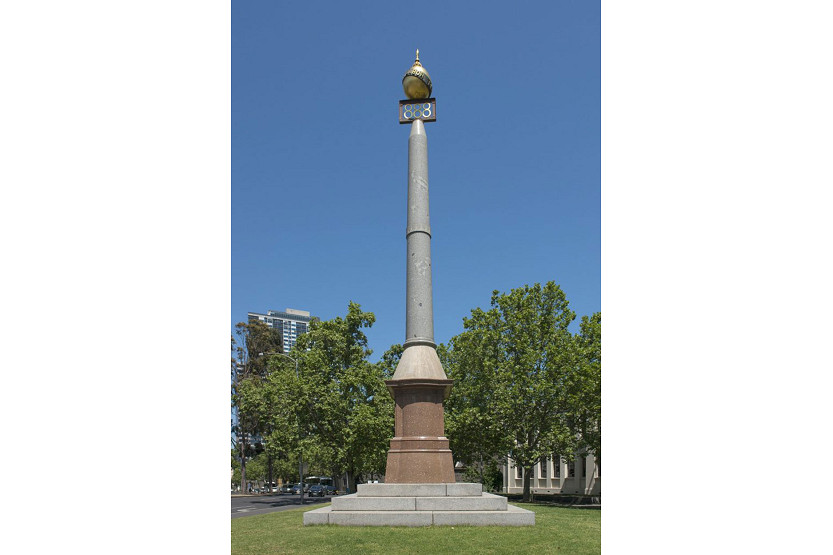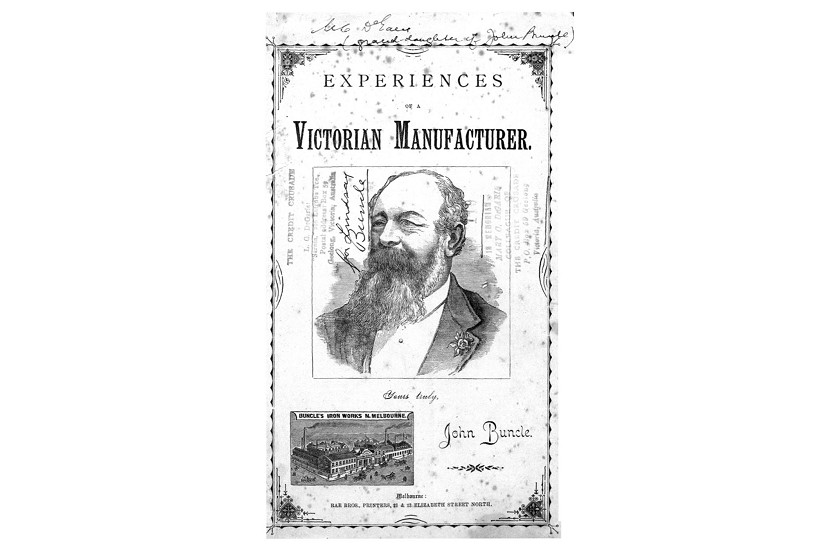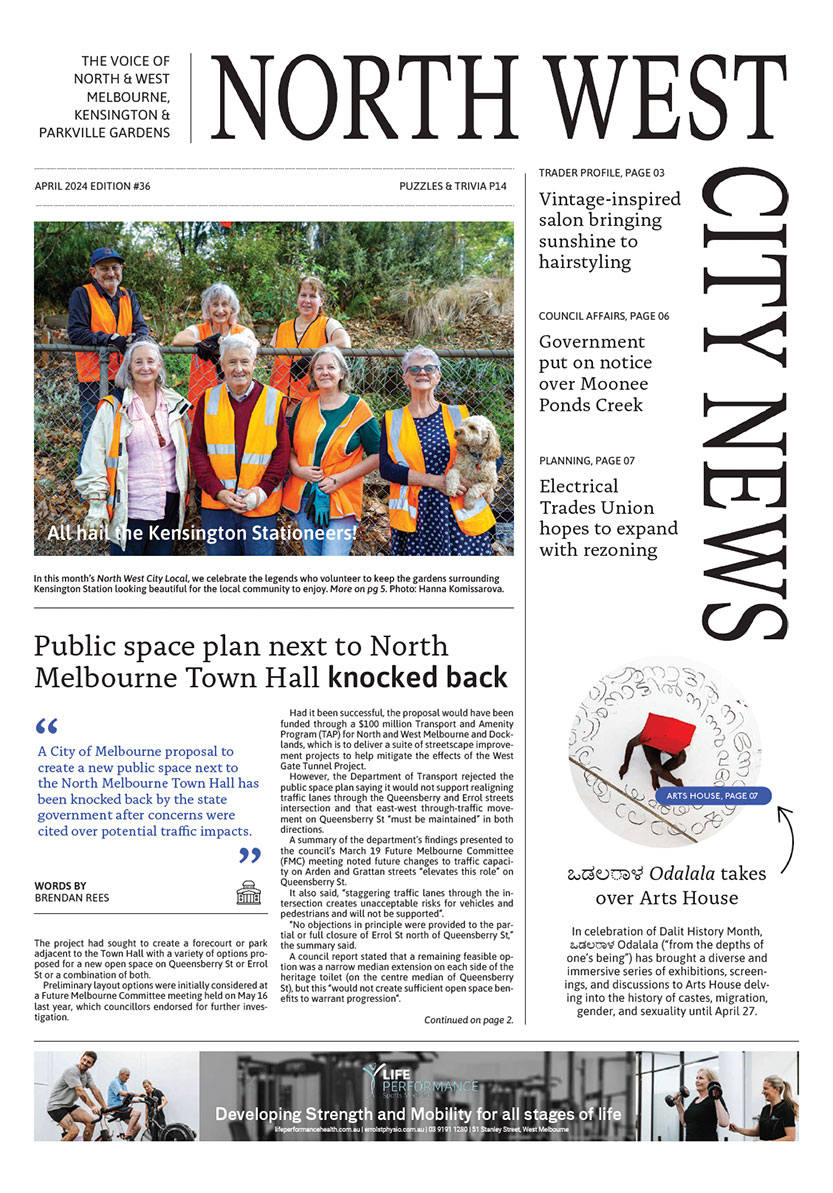Ellen Mulcahy
Ellen was born in County Cork, Ireland, in December 1859. Her parents, John Mulcahy and Bridget Connell, had two subsequent children, Catherine and Timothy, and the family of five set off for Australia in September 1864. Sadly, five-month-old Timothy died during the voyage.
They arrived in Melbourne on November 28, 1864 and John Mulcahy set himself up as a bootmaker in Kilmore. Four more children were born in Kilmore. The family subsequently moved to Melbourne, living for some years in Royal Parade, Parkville.
In 1872 Victoria passed an Education Act that brought in free, compulsory, secular education. Ellen was employed the following year as a teacher, aged 14.
Ellen retired from the teaching profession after 30 years, giving her a pension. She subsequently joined the Labour movement and the Trades Hall Council. Her experiences as a teacher gave her a good basis on which to fight for the rights of women, and from approximately 1909 she was active in the formation of several unions that focused on the trades that employed women, including those for office cleaners, laundry workers, women bookbinders and stationery employees.
She was elected secretary of the Political Labor Council Women’s Organising Committee, and then a member of the Victorian PLC Central Executive and its minute secretary and press correspondent. She supported the Labor party in the 1910 and 1911 elections.
There were several factors that led Ellen to becoming disillusioned with the Labour movement and the Trades Hall, and in 1913 she stood as an Independent Labor candidate for North Melbourne against Dr Maloney in the Federal election. She was one of the first six women to seek national parliamentary office in the young Commonwealth and it was 30 years before any woman would be successfully elected.
Her criticisms of the Labor party included social cliques and political patronage, believing that its policies were self-serving and did not serve the interests of the people they were representing.
Clearly Ellen spoke clearly and had a sharp mind. A report of her speaking at a meeting at the North Melbourne Town Hall starts with the assertion that she was “evidently able to handle interjections as well as many of her male confreres”.
With the outbreak of the 1914/18 war Ellen took up a full range of “home front” work to support the war effort.
After the war she and her siblings set up a business in Abbotsford selling boots and shoes. She died there suddenly of heart failure on September 16, 1920.
Join Wendy Dick, Australian Industrial Relations Commission Centennial Prize winner, and Aileen Sarsfield who will be giving a talk about Ellen and the Mulcahy family at North Melbourne Library on Thursday, April 20 at 6pm.
The event is free, but bookings are essential and can be made through Trybooking:

Jo Ryan unveils Ordered Chaos at Blender Studios






 Download the Latest Edition
Download the Latest Edition